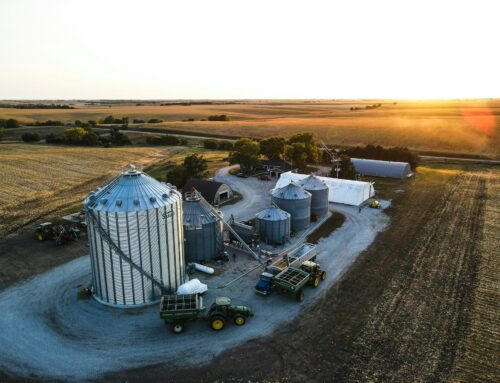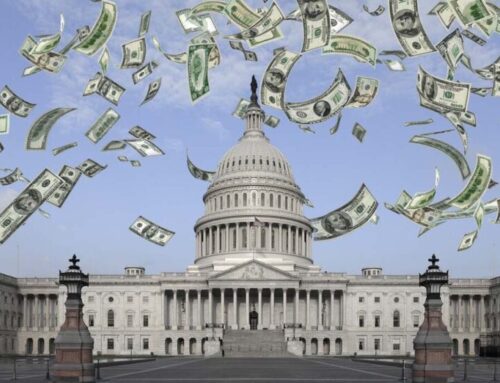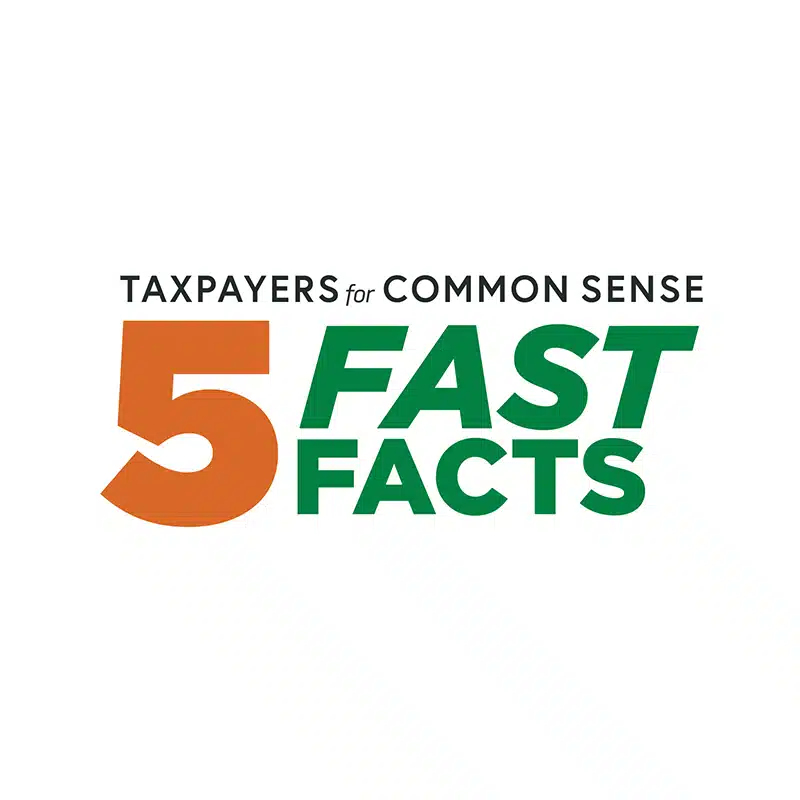When it comes to congressional pork barrel spending, there has been no holier sacred cow than farm subsidies. So when President Bush announced a modest proposal to reduce individual farm payments to $250,000 per farm, he put his administration on a collision course with one of Congress's fastest moving trains.
Time and again, no matter how much lip service is paid to reining in these outdated, depression-era farm programs, Congress buckles under the pressure and continues its blank check farm policy. The 1996 farm bill was supposed to reduce this spending and return the farm sector to the free-market. Instead, total farm spending more than doubled. In 2002, riding a wave of false budget surpluses, Congress reversed gears, re-wrote the farm bill, and threw in everything but the kitchen sink. Instead of fixing the failures of the previous bill, Congress ended up passing the most expensive farm legislation in history.
Since 1998, average annual farm payments have gone from $7 billion to $18 billion. The FY 2006 budget estimates 2005 farm subsidy spending will top $24 billion. Worse, farm payments have become increasingly concentrated, flowing to fewer and fewer individual farmers. According to the USDA, only 8 percent of producers receive 78 percent of subsidies. At the top of the subsidy food chain, huge corporate operations receive payments in the millions, while the average for 80 percent of farmers is under $1,000.
Instead of keeping farmers on the land, these huge government payments to only the largest, most productive farms are forcing many small farmers out of business. Farm payments are based on production levels, so the bigger the farm, the bigger the government check. Large corporate operations are able to plant more crops, so they get the biggest slice of the subsidy pie. These large farms then turn around and use their outsized government checks to buy up even more farm land. Unable to compete, small farmers are left with no choice but to sell their land to the very operations that are putting them out of business.
Despite these inequities, members of Congress are defending the current status quo. Members of the House Agriculture Committee already sent a letter to Budget Chairman Nussle demanding that he leave the last farm bill alone until its provisions expire in 2007.
President Bush's willingness to take on these lawmakers and other entrenched interests that keep these subsidies flowing will prove a litmus test of his willingness to step up to the plate, stick to his fiscal guns, and back his own budget. Otherwise this will be another case of empty sword-rattling and false starts that leave taxpayers holding the tab and America's family farmers out in the cold.











Get Social